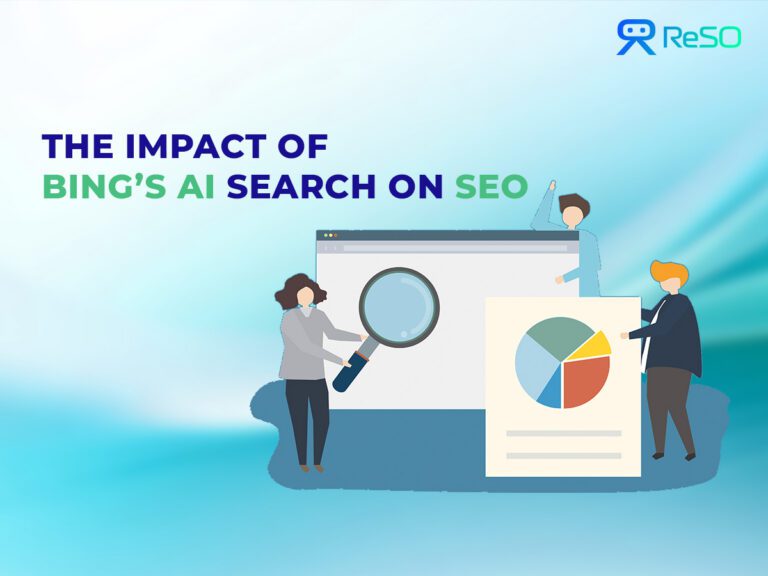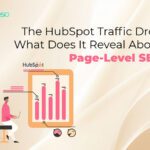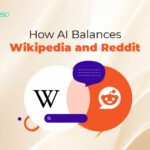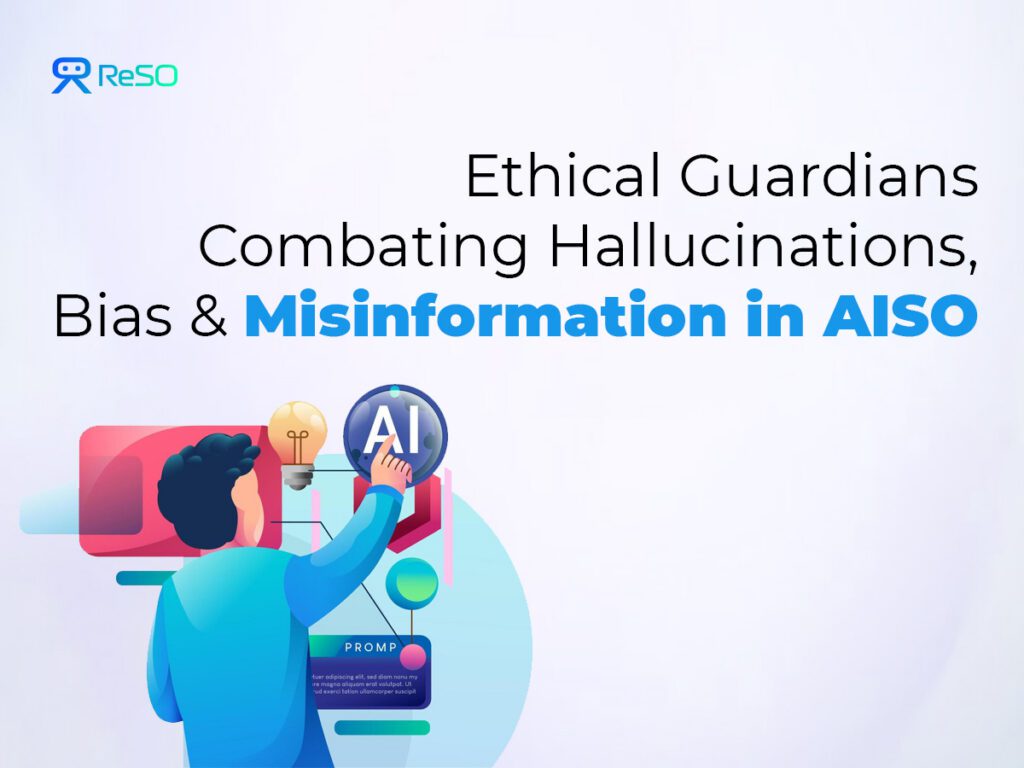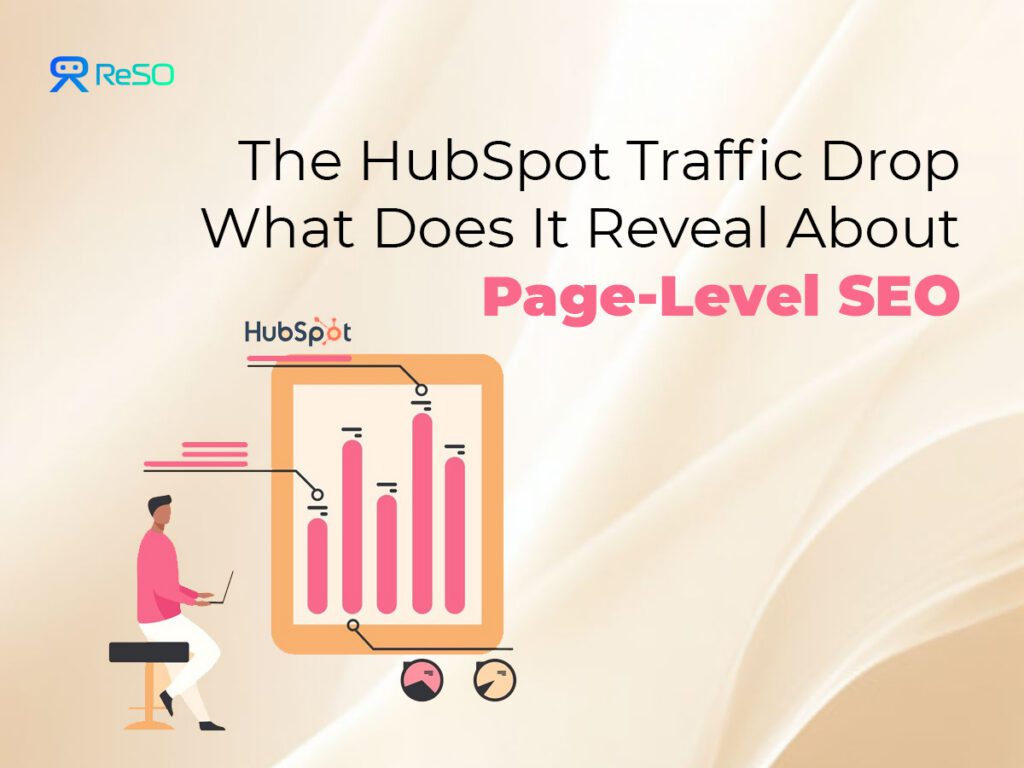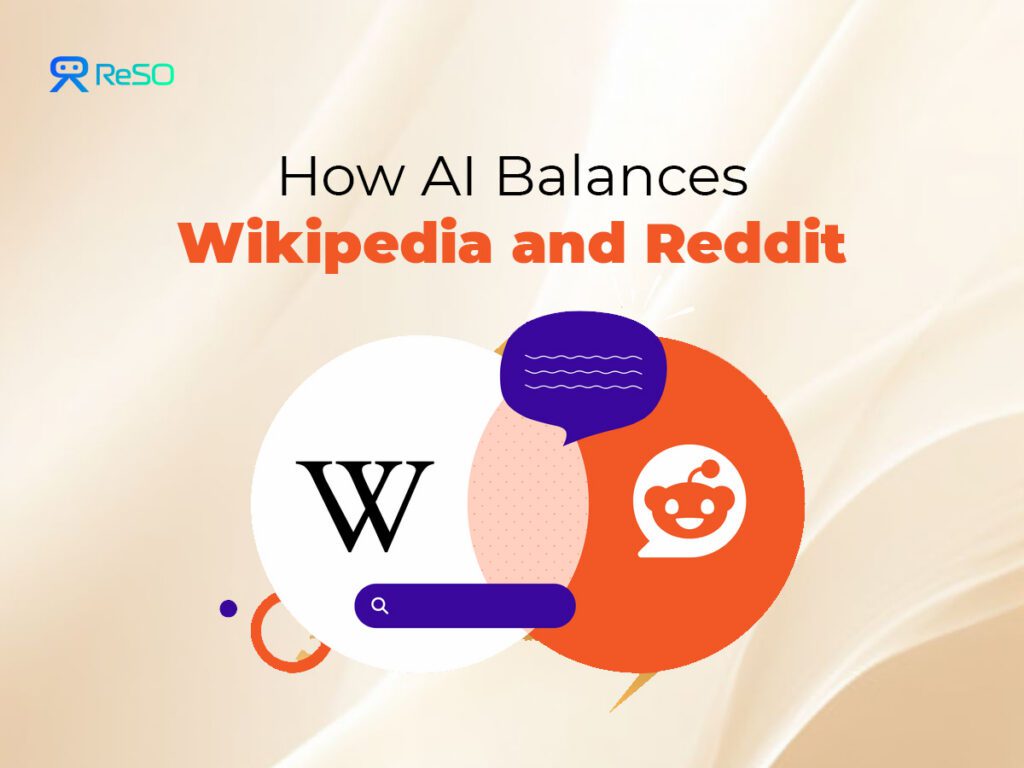What if the next big SEO breakthrough doesn’t come from Google but from Bing?
In 2025, Bing isn’t just living in Google’s shadow anymore. It’s actually leading some of the most exciting changes in how we discover information online. With AI-powered Bing Chat and its deep ties to GPT‑4, Bing is rewriting the search playbook and forcing Google to play catch-up.
Think about it: instead of scrolling through endless links, you get direct answers, real-time insights, and even citations, all wrapped up in a natural, conversational response. That’s not just search as we know it; it’s a whole new experience.
For marketers, SEOs, and business owners, this shift is huge. Bing’s AI isn’t just changing algorithms, it’s changing the rules of the game. And that means new opportunities to connect with audiences, new ways to stand out, and new strategies to future‑proof your visibility online.
If you’ve been thinking Bing is just the “other search engine,” it’s time to take another look. In 2025-26, Bing may just be where the future of SEO is being written.
Bing vs. Google: Key Differences
| Aspect | Bing AI Search | Google Search (Traditional & SGE) |
| Search Experience | Conversational, multimedia, cited | Traditional links, featured snippets |
| Default Usage | Integrated with Windows, Edge, browser | Chrome-centric |
| User Demographics | Older, affluent, B2B-focused | Broader, including younger and mobile |
| Ecosystem Integration | Microsoft 365, Xbox, LinkedIn | Google Workspace, Android |
How Bing’s AI Search Works
Bing’s AI search isn’t about endless blue links; it’s about delivering answers in a conversational, summary-driven format.
Thinking about it? The magic is in how it “talks” with users: ask a complex question, and Bing responds like a knowledgeable assistant, presenting exactly what you need in a clear, easy-to-digest summary.
What sets Bing apart is its ability to grasp why you’re searching, not just what words you type. Its AI models dive deeper than simple keyword matching, deciphering your intent based on the context of your queries. Whether you’re researching, shopping, or comparing options, Bing tailors responses that actually make sense for your journey.
You’ll also notice how visually engaging the results are. Bing enhances answers with multimedia elements, such as images, charts, and infographics, including citations to back up its claims.
Need the latest news or real-time data? Bing pulls in fresh info on the fly, ensuring that you always get relevant, trustworthy details right when you need them. It’s a modern search experience designed for speed, clarity, and confidence.
How Bing AI is Changing User Behavior
Here’s what’s really happening with Bing’s AI: it’s completely flipping the script on how we search for stuff online.
Instead of endlessly clicking through links, users often find what they want right within Bing’s AI panel. This means fewer clicks overall, but the traffic that does come through is far more qualified and ready to take action.
This is especially huge if you’re in the B2B world or running an e-commerce business. Think about it, these aren’t impulse buyers we’re talking about. These are people who need solid, reliable information before they make any moves.
And Bing’s crowd? They’re exactly that type of deliberate, focused searcher. They know what they want, they’re serious about it, and if you can position yourself right, you’re looking at some seriously high-quality traffic.
So what does this mean for SEO? Well, everything’s changing:
- It’s not just about scrambling to get that coveted #1 spot anymore (though hey, that still doesn’t hurt)
- It’s about actually solving people’s problems, and doing it fast, smoothly, and without making them jump through hoops
- These users expect your site to deliver exactly what they came looking for, no fluff, no runaround
Practical Tips to Optimize for Bing’s AI Search
| Optimization Area | Action Items |
| Bing Webmaster Tools | Register and monitor indexing, fix issues, and track keyword performance |
| Metadata | Craft precise, intent-matching titles and meta descriptions |
| Content Formatting | Use bullet points, concise introductions, and FAQs for easy summarization |
| Visual Content | Add original images, infographics, and videos to improve visibility |
| Content Depth | Create comprehensive, in-depth guides to build authority and favor AI-generated summaries |
| Site Performance | Ensure fast load times and solid technical SEO for better crawlability and user experience |
| AI Traffic Monitoring | Segment and analyze visitors from Bing AI panels; track cited and shared content |
| Audience Targeting | Focus on Bing’s older, affluent, decision-oriented users |
| Local & B2B SEO | Optimize for local and enterprise contexts, leveraging Microsoft ecosystem integration |
| Continuous Improvement | Regularly benchmark Bing results vs. Google and update strategies accordingly |
Why Bing SEO Matters: Opportunities, Risks, and Strategic Imperatives
Bing’s rise isn’t just a trend; you can’t afford to overlook it anymore. With its expanding market share fueled by deep integration into Microsoft products like Windows, Edge, Microsoft 365, and LinkedIn, Bing presents a massive, often untapped audience.
Ignoring Bing means missing valuable traffic and high-conversion potential, especially from its unique user base, typically older, affluent, and decision-focused, who engage differently than typical Google users.
From an SEO perspective:
- Bing rewards content that earns “source” status by being cited within its AI-generated answers, boosting both visibility and credibility.
- Exact keyword matching and well-crafted metadata (titles and descriptions) carry more weight on Bing than on Google.
- Visual and multimedia content; images, infographics, and videos are no longer optional extras; they play a critical role in standing out.
- Rich, clear, in-depth content that thoroughly answers questions increases your chances of being featured in Bing’s AI summaries.
Conversely, relying solely on traditional SEO tactics focused on rankings and backlinks means risking missed opportunities. Bing’s AI search favors concise, conversational answers and multimedia-rich content tailored to user intent.
In short, embracing Bing SEO now is a smart business move; it opens doors to a high-value audience, leverages AI-driven visibility, and future-proofs your digital presence in an increasingly diversified search world.
Want to boost your SEO with Bing’s AI edge?
Book a call with ReSO for a personalized SEO audit that puts you ahead in the changing search world.
Frequently Asked Questions
1. Is Bing’s AI really worth optimizing for?
Yes, Bing’s AI audience is smaller but higher value. It drives more qualified, intent-driven traffic, especially in B2B and enterprise searches.
2. How is Bing’s AI search different from Google’s SGE?
Bing is faster to cite sources and integrates visuals, LinkedIn data, and real-time info. Google still prioritizes traditional ranking signals and search volume.
3. What’s the easiest way to start optimizing for Bing AI?
Submit your site to Bing Webmaster Tools, refresh metadata for clarity, and add concise, fact-driven answers AI can summarize and cite easily.
4. Why is Bing becoming more important for SEO in 2025 and beyond?
Bing is becoming more important for SEO because its AI-powered search surfaces cited answers instead of links, reaches high-intent B2B users via the Microsoft ecosystem, and rewards clear, authoritative content even without top Google rankings.
5. How does Bing AI decide which sources to cite in its conversational answers?
Bing is becoming more important for SEO because its AI-powered search surfaces cited answers instead of links, reaches high-intent B2B users via the Microsoft ecosystem, and rewards clear, authoritative content even without top Google rankings.

